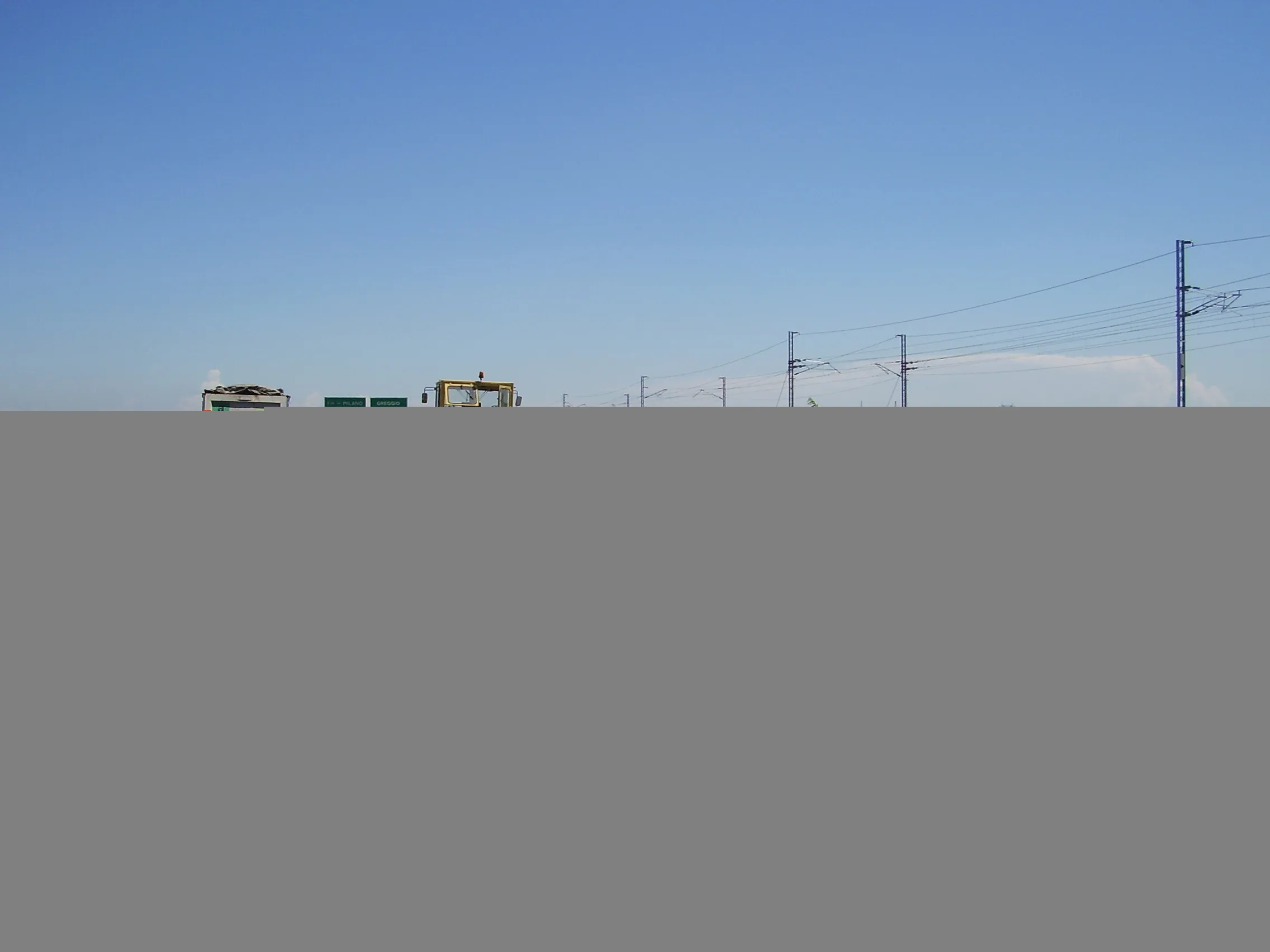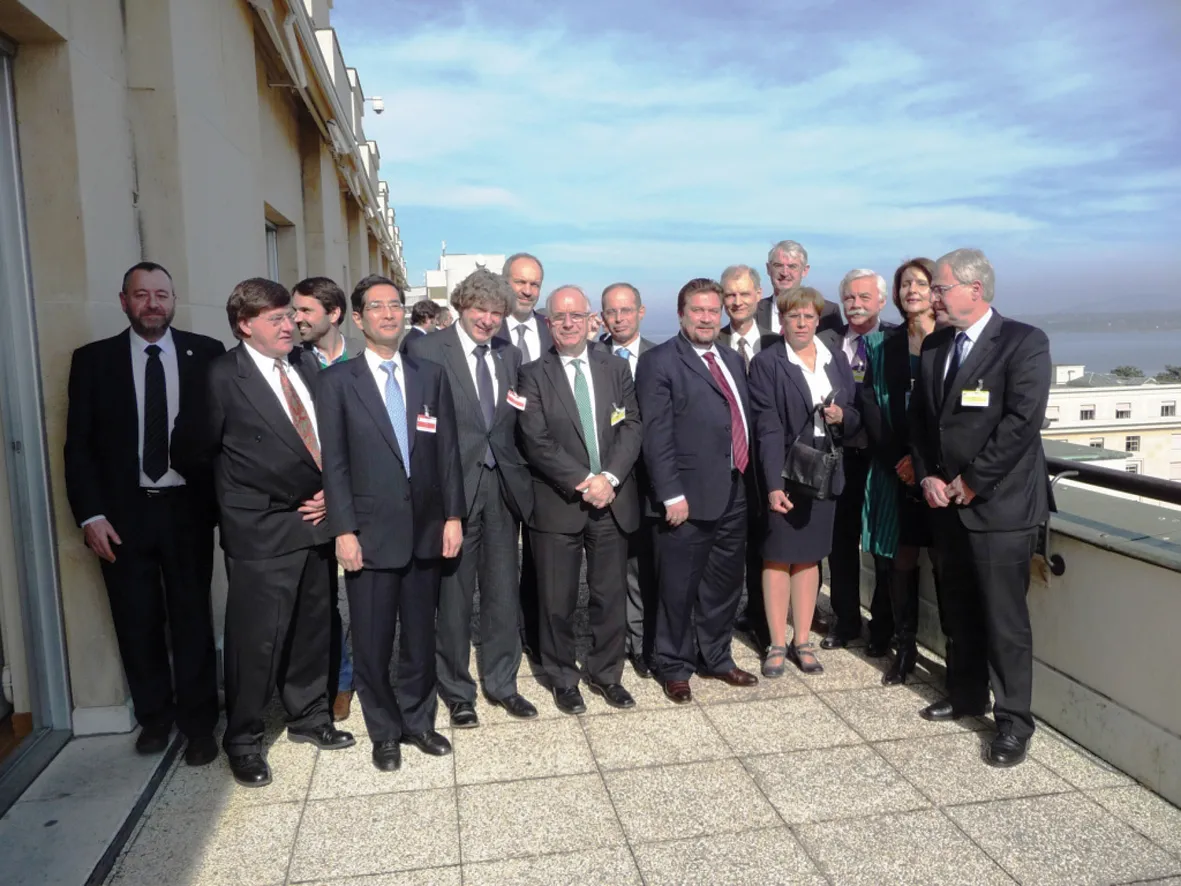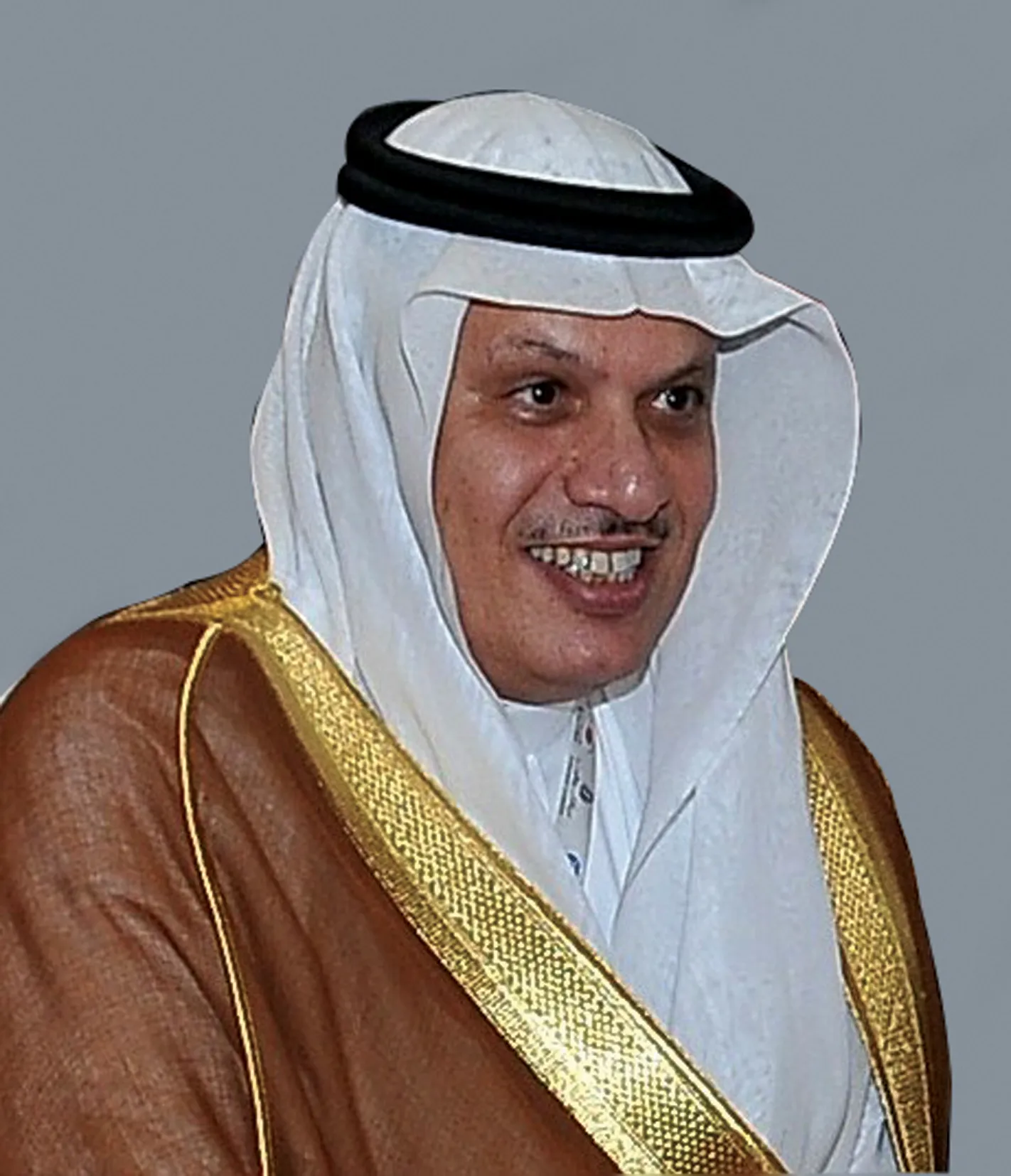Christophe Nicodème, ERF's Director General, explores a missing link in the road safety chain
February 13, 2012
Read time: 3 mins

Christophe Nicodème, ERF's Director General, explores a missing link in the road safety chain
Road works are an essential part of the work of public administrations and toll operators; aimed at preserving a safe road infrastructure for users, while minimising the disruption caused as a result of unavoidable traffic interventions.Given the essential role of road works, one would assume that well-defined regulations exist at national and European level to determine the best way of conducting them.
Yet, in reality, this is one of the least regulated fields of the road sector. At national level, regulations tend to be rather vague and, in most cases, road works are awarded essentially on the basis of the cheapest offer rather than with due regard to an optimal safety/mobility scenario. This absence of clear rules at national level has made any thought of harmonisation at European level practically impossible.
As a result, work sites are characterised by high accident frequencies that place both drivers and workers at risk. By way of indication, the Dutch Institute for Road Safety Research (SWOV) has highlighted that 2% of all fatal accidents in the Netherlands occur in work zones.
Meanwhile, in the USA, 667 people were killed in work zones during 2009 alone!
In 2007,
In this respect, ERF notably called for better integration of safety parameters in public procurement procedures; better use of passive safety devices as a means of avoiding accidents and promoting a seamless flow of traffic; better signs and road markings to guide drivers entering, driving through and exiting work zones; and better awareness raising campaigns to highlight the dangers among road users and impress the need for greater enforcement.
The issue was revisited during the 16th
It is against this backdrop, and following consultations with ERF members, that I decided to launch a new Working Group on Work Zone Safety, which held its first meeting on 9 March, 2011 at the ERF offices in Brussels, Belgium.
Open to ERF members and external participants, the working group's initial objectives will be to examine the different requirements and solutions for work zones in terms of safety, mobility and the environment - as well as to perform a comparative analysis of existing norms at EU Member State level with a view to identifying best practices and examining the scope for greater harmonisation and standardisation.
I take this opportunity to extend a personal invitation to all stakeholders that have an interest in the field, and who would like to participate in this new Working Group, to contact the ERF Secretariat.
At the end of the day, the success of the Working Group will largely be determined by the breadth of its expertise, as well as the willingness of industry partners to implement its findings in collaboration with the relevant authorities.








